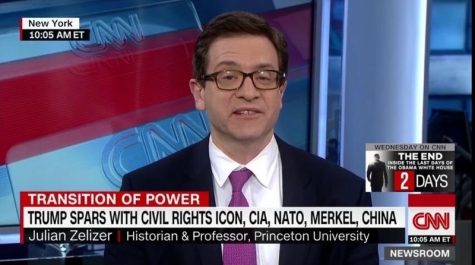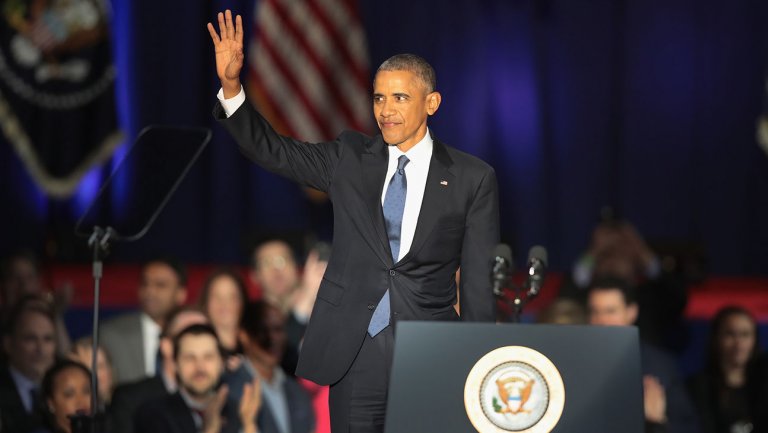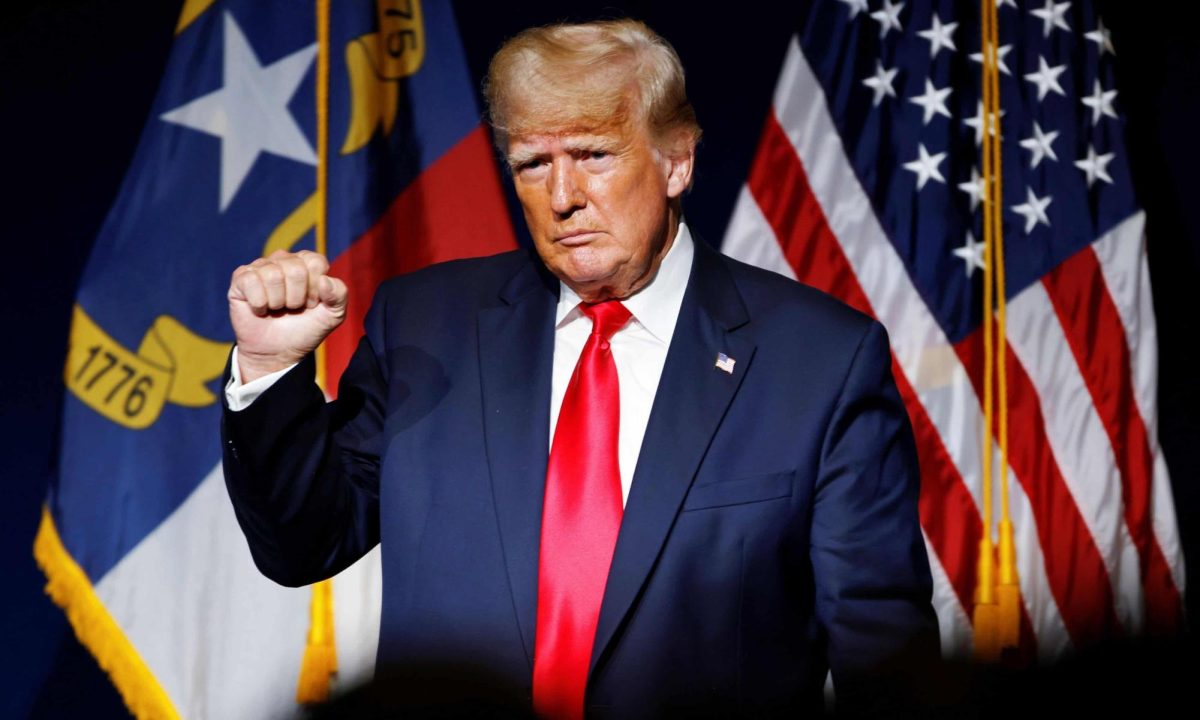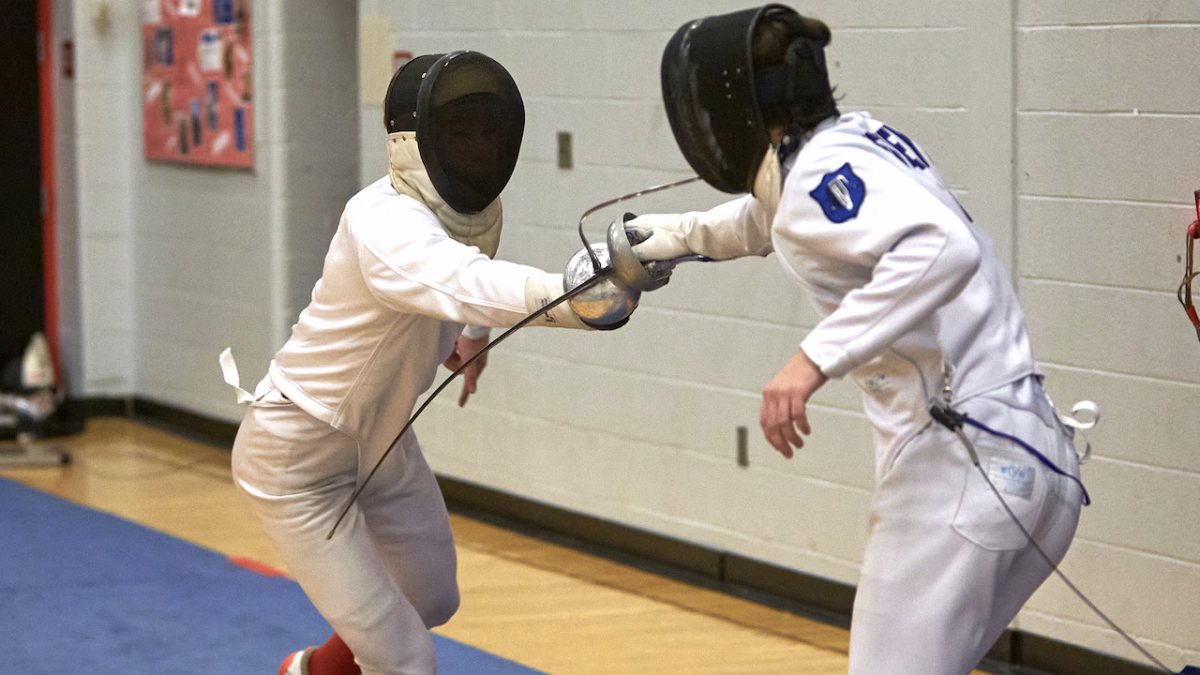A Farewell to Obama and his Republic
January 19, 2017
A week from Friday the 13th, Donald Trump will be inaugurated as President of the United States of America. It sounds to some like a horror movie, a sequel to a previous horror movie about what happened on Friday the 13th itself. Trump’s monumental victory and warpath of a campaign have altered all norms and indeed the republic itself. The last bearer of the torch of the fallen political custom, incumbent President (as of 1/13/17) Barack Obama, delivered a moving speech, a eulogy at the funeral of liberal democracy.
Obama has always been a skilled orator. His agreeable demeanor, professorial intellect, and powerful moralism combine to sway even the staunchest of partisans, myself included. Obama was a lasting political talent that was unbeatable when he was on the ballot, and his candidacy was a function of the man Obama was to so many. He was the hope and pride of, first and foremost, the African American people, and the embodiment of the liberal ideals many Americans came to embrace. His speech focused on the value of democracy itself, the value of the freedoms we cherish, and the necessity for dialogue and understanding between groups that cannot find peace. In his farewell he extolled the very virtue of our self-government, of peaceful transition of power, and American exceptionalism.
“All of us, regardless of party affiliation or particular interests help restore the sense of common purpose that we so badly need right now,” Obama lectured. Black people cannot ignore the concerns of white people and white people cannot ignore the concerns of black people. Americans must not be uniform but find it in themselves to unite in compromise, bitter as it may be.
“How do we excuse ethical lapses in our own party, but pounce when the other party does the same thing?” Here Obama couldn’t be more right. There are no worse hypocrites than partisans in this country. When Obama was elected, conservatives protested and jeered and questioned the credentials of his birth. In victory, they play paragons of democratic virtue and condemn liberals. When liberals knew, they knew, they were going to win, they antagonized Donald Trump for doubting the results of the election, and news media condemned election rigging as impossible. Republicans sought to excuse their nominee or justify claims of voter fraud. When Donald Trump won, Republicans asserted the legitimacy of the election and liberals protested an unfair election, as if the electoral college was the utmost unjust evil of our time. Recall Slate defending the electoral college in 2012, and condemning it in 2016. Or The Independent claiming it was impossible to rig an election before turning around and explaining how it might be rigged. When WikiLeaks exposes Democratic corruption, it is a boogeyman to liberals and a hero of the free press to conservatives; when it publishes war logs exposing war crimes in Iraq and Afghanistan under a Republican administration, it is a threat to national security to Republicans and a hero to liberals. The list is endless, because partisan ideology and accompanying stances are reflections on power. In power, liberals condemn Congressional obstructionism; out of power, they cling to it as a noble effort.
Obama returned to his roots as an exponent of Constitutionalism, extolling the virtue of the power of the people to reform democratic institutions, citing George Washington, and condemning the deterioration of dialogue between warring factions. He ran on the promise, among many others, to uphold the Constitution, and swore as much on his inauguration. His record on executive action and his record in losing court cases might show otherwise, but Obama could not be expected to accept his lame duck status after 2010 (or 2014).
A moving celebration of American democracy and freedom and identity.
But look to Donald Trump. The same day, Trump held his first press conference in six months. He addressed wildly untrue allegations published by Buzzfeed regarding Trump’s having committed heinous acts, and something to do with Russia. Trump slighted Buzzfeed in no unclear terms, calling it a “failing pile of garbage”, and refused to back down from a confrontation with CNN’s Jim Acosta, who was insistent on asking the President-elect a question (Trump had singled out CNN as one of the co-conspirators against him.)
Would the eloquent and verging-on-magnanimous Obama take the fight right to the heart of those who publish wildly untrue garbage against him? No. Donald Trump did not back down, and the moment he calls CNN “fake news” lives in infamy. There is the war against established interests that his clan dreamed of. Many conservative critics of the conservative movement lambasted the conservative establishment for acquiescing to the standards and demands of their political opponents. Would Jeb Bush appoint a cabinet of Mad Dogs and cabinet members itching to tear apart the departments they were nominated to, would he have retaliated against every vicious critic? There is the rebellion Trump embodies.
So as Obama says farewell, one remembers the very best of American virtues: grand and unifying ideals, compromise, democracy. As Trump nears inauguration, he does not cease to wage war against the entire world (cue CNN headline of Trump sparring with NATO, CIA, Merkel, China, and Civil Rights Icon.)

One simultaneously laments the end of Obama’s term and the order he stands for, and cheers the crusade of the incoming President.






